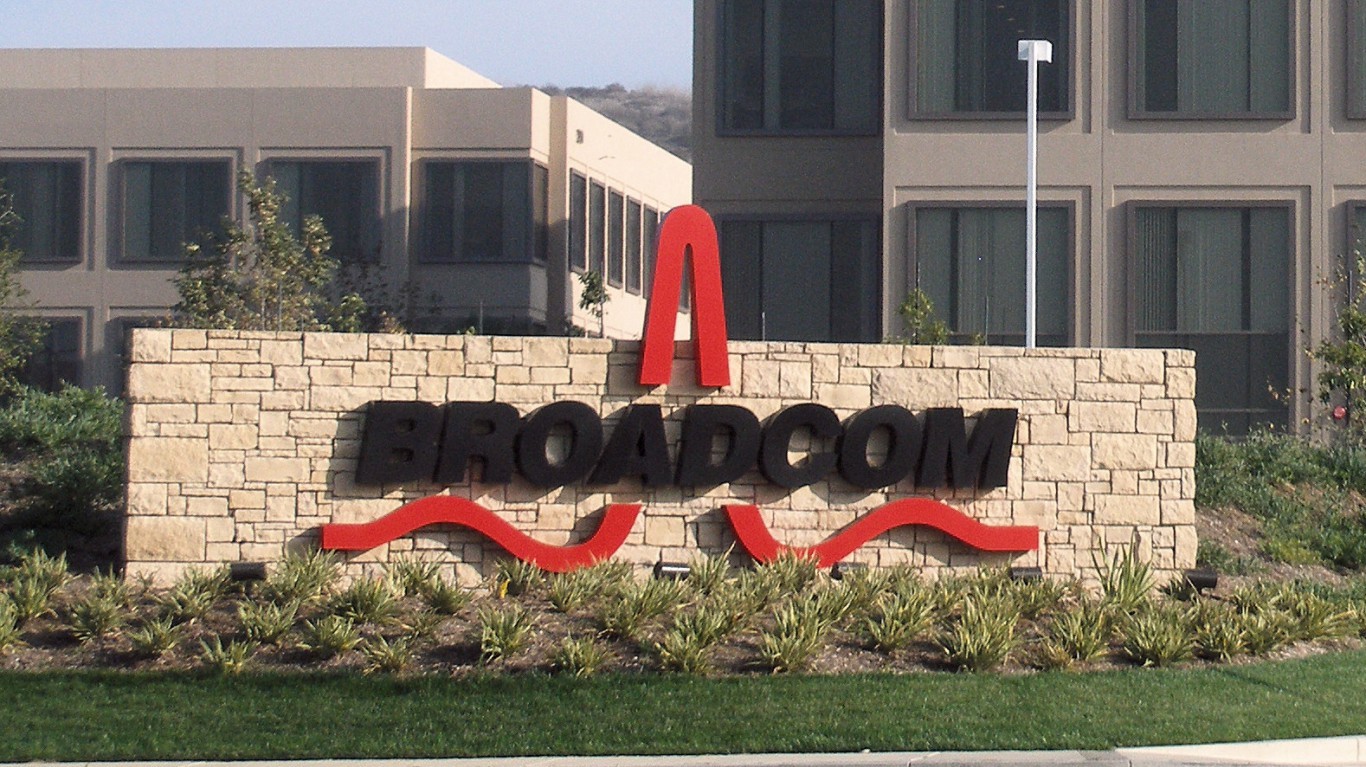Investing
Billionaire Stanley Druckenmiller Dumps Nvidia and Palantir And Bought These 2 AI Stocks Instead

Published:

Because of his more than 40-year history on Wall Street, Stanley Druckenmiller is not some unknown investor, but the billionaire is not a household name in the way stock market legends Warren Buffett and Peter Lynch are. And that’s a shame.
Druckenmiller has the rare distinction of being one of the very few investors who never had a losing year. Moreover, his Duquesne Capital Management generated annualized returns of 30% for 30 consecutive years. That’s no small feat when you consider the Oracle of Omaha has returned just under 20% annually, albeit doing so for twice as long.
Although Druckenmiller retired from Wall Street, he still operates the Duquesne Family Office, which is a wealth management firm that offers financial and investment services for ultra-high-net-worth individuals and their families.
The billionaire investor manages nearly $3 billion in assets and owns 75 different stocks. His firm recently filed its quarterly 13-F form, which shows its holdings and the stocks purchased and sold. While he completely sold all of his stock in nearly two dozen companies, two in particular stand out: Nvidia (NASDAQ:NVDA) and Palantir Technologies (NASDAQ:PLTR).
While in truth he only sold off 95% of his position in Palantir (he still owns 41,710 shares), it is a notable shift in which artificial intelligence companies he thinks are the better investments going forward. That’s because he replaced them with two other AI stocks, so let’s see why he might have chosen them instead.

Some may argue that Taiwan Semiconductor Manufacturing (NYSE:TSM) is not an “AI stock” in the sense that Nvidia and Palantir are, but because it is the world’s largest foundry that makes all the AI chips Nvidia, Intel (NASDAQ:INTC), and others design, it neatly fits in with this group.
Even companies that are making their own chips in-house now, like Amazon‘s (NASDAQ:AMZN) Trainium chip developed for Amazon Web Services that Apple (NASDAQ:AAPL) will soon be buying, are manufactured by Taiwan Semiconductor. In fact, demand for AI chips is so great, the foundry has more business than it knows what to do with.
While data centers are currently the biggest tailwind pushing TSM forward, AI chips for consumer electronics are expected to be the next growth phase for the foundry. Demand for AI-enabled smartphones and laptops is forecast to be so large that analysts at Bain & Co. are anticipating they will be the cause of the next chip shortage.
Analyst Anne Hoecker told CNBC, “If we combine the growth in demand for GPUs alongside a wave of AI-enabled devices, which could accelerate PC product refresh cycles, there could be more widespread constraints on semiconductor supply.”
Wall Street forecasts Taiwan Semiconductor earnings will grow by 31% a year for the next five years. Analysts have set a $240 per share price target on TSM stock, indicating 20% upside.

Not surprisingly, then, Broadcom (NASDAQ:AVGO) is the second AI stock Druckenmiller bought in the quarter. Sales of its AI chips more than tripled in 2024 and Broadcom expects fiscal first-quarter sales to jump another 65% to $3.8 billion. That estimate may fall short of the mark.
Last week industry site The Information reported that Apple was partnering with Broadcom to develop its first server chip specially designed for AI processing. As tech companies seek to diversify their supply chains away from Nvidia, Broadcom is positioned to capitalize on the opportunity.
Hyperscalers, in particular, are driving sales of Broadcom’s custom AI accelerators and merchant networking chips. Its AI networking revenue, which represented 76% of all its networking business, grew 158% year-over-year.
AI chips accounted for 15% of Broadcom’s total revenue and though it expected they would represent 35% of the total at the end of the fiscal year, they actually reached 41% of sales.
Broadcom seems ready to assume the mantle of top AI chip stock, making it easy to understand why Duquesne Family Office picked up 240,000 shares of AVGO shares worth some $41.4 million.
Thank you for reading! Have some feedback for us?
Contact the 24/7 Wall St. editorial team.